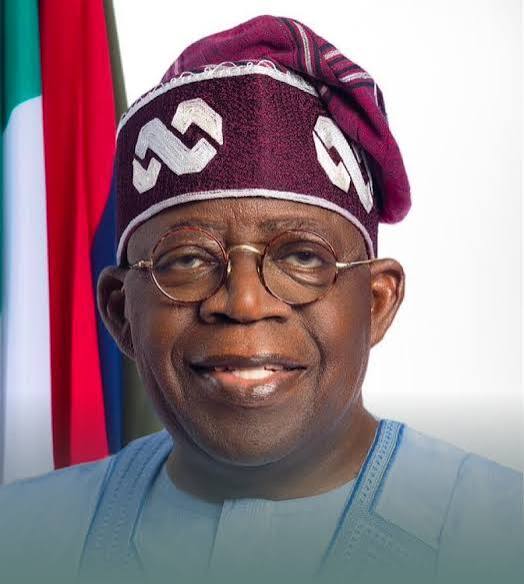Business
C-PACT: Sad Contradiction at the Heart of President Tinubu’s Call

BY EGUONO ODJEGBA
“Integration cannot be declared. It must be engineered.”
President Bola Ahmed Tinubu’s now famous statement above was an advice to African governments during the just concluded maiden Customs Partnership for African Cooperation in Trade (C-PACT) Summit, held at the State House in Abuja. Bold, deep and reassuring, the advice is premised on the idea that Customs modernization and harmonized trade rules will help unlock the potentials of the African Continental Free Trade Area (AfCFTA).
Yet Nigeria’s ban on vehicle and rice imports through land borders exposes a paradox, apparently manifest in the prevailing conflict between our own policy versus practice. While Nigeria advocates for open, efficient borders across Africa, it enforces restrictions that choke legitimate trade at home.
Let us be clear, while the government that imposed the ban may have had compelling reasons to doing so, these bans have not stopped inflows of the restricted items; instead, they have fueled smuggling, depriving the government of Customs revenue while enriching informal networks.
To suggest that the prevailing atmosphere has created market distortions is to say the obvious. Traders and consumers face inflated costs, while contraband finds its way in regardless, undermining the very efficiency President Tinubu wishes to champion.
Well meaning stakeholders must be appalled about this seeming contradiction laced with unmistaken credibility gap. Nigeria’s leadership role in AfCFTA is weakened when its domestic policies contradict the integration ethos it preaches and seeks to be applied at the continental level.
It is strange and confusing why Nigeria is maintaining these failed restrictions. But to interrogate fairly, it’s important to understand the official justifications for such bans at the time it was undertaken; which was ostensibly to protect local industries. The rice ban was intended to encourage domestic production and reduce dependence on imports.
In the same vein, vehicle restrictions were framed as a way to prevent Nigeria from becoming a dumping ground for used cars; while the revenue control was intended to strengthen the system: By channeling imports through seaports, authorities argued they could better monitor duties and reduce fraud.

But in practice, these aims have largely failed. Smuggling routes thrive, local producers still struggle with competitiveness, and consumers bear higher costs.
The reality on the ground is perhaps one of disenchantment as rice and vehicles continue to enter Nigeria through porous borders, often with tacit complicity from officials. But there is a brighter angle to it, while to some extent, it can be argued that the Nigeria Customs Service has responded positively to containing the smuggling of the particular items; on the other hand, the loses far outweighs the gains.
As such the bans as they stands today have lost their legitimacy, and traders are seeing them as unrealistic, creating incentives for corruption and manipulation.
The situation is akin to a clear case of policy failure, instead of strengthening Nigeria’s economy, the restrictions have weakened Customs credibility and eroded trust in government trade policy.
Tinubu’s continental admonition is justified in principle—Africa needs efficient, harmonized borders to make AfCFTA real. But Nigeria’s domestic contradictions undermine the message. If Nigeria wants to lead Africa’s integration, it must align national trade policy with continental commitments, dismantling unrealistic bans that fuel smuggling.
It should replace prohibitions with smarter regulation, using technology-driven Customs systems to monitor economic flows and the collection of revenue.
It must demonstrate consistency, showing that its own borders embody the efficiency it urges others to adopt.
Breaking borders abroad and maintaining barriers at home is a rude trade contradiction the president’s handlers must speak to, expeditiously.
While this interrogation reveals that Tinubu’s advice is aspirational and risks being undermined by Nigeria’s own restrictive policies, discerning minds appreciates the fact that he inherited the failed restrictions. It is also his responsibility to undertake reviews where necessary; after all, the president rode into office with the ‘Renewed Hope Agenda’ mantra.
The saying that he who calls for equity must come with clean hands must also be operative in the president’s genuine intervention. The credibility of his call depends on whether Nigeria can reconcile its domestic trade regime with the openness it demands of Africa.































